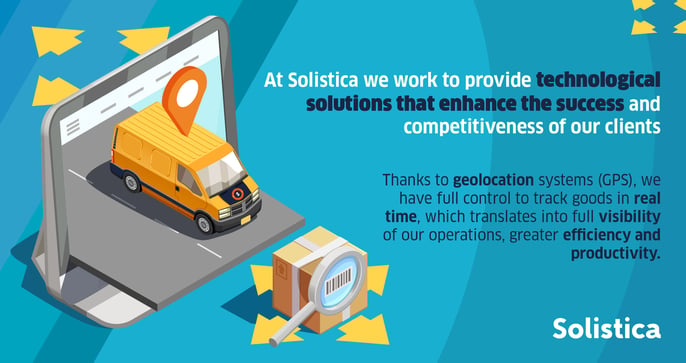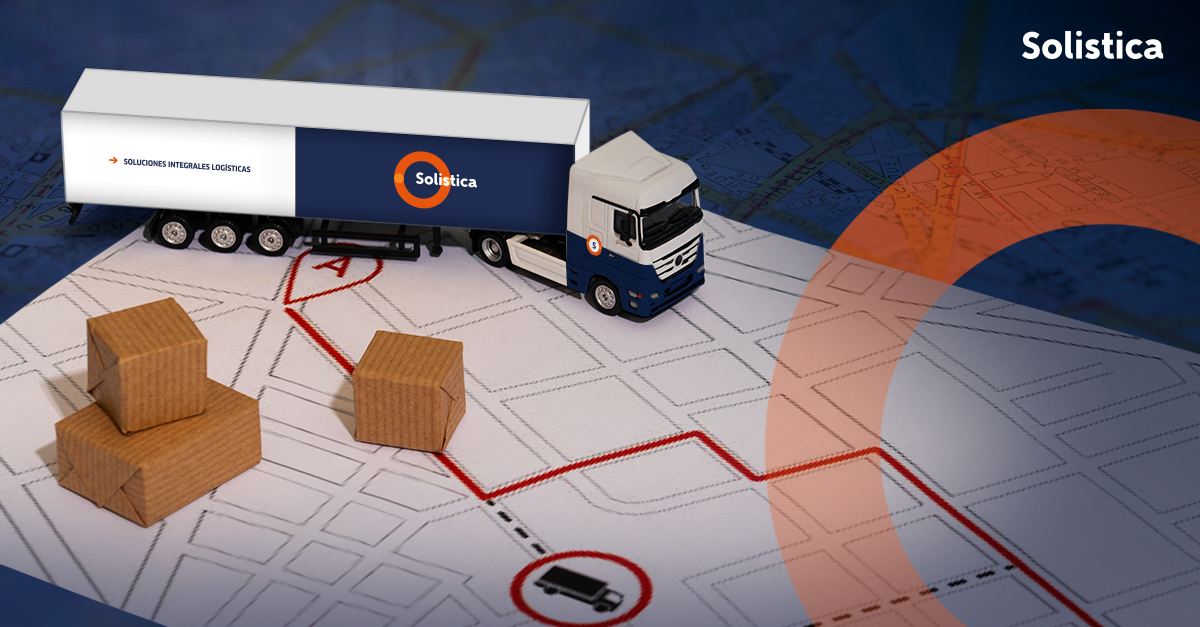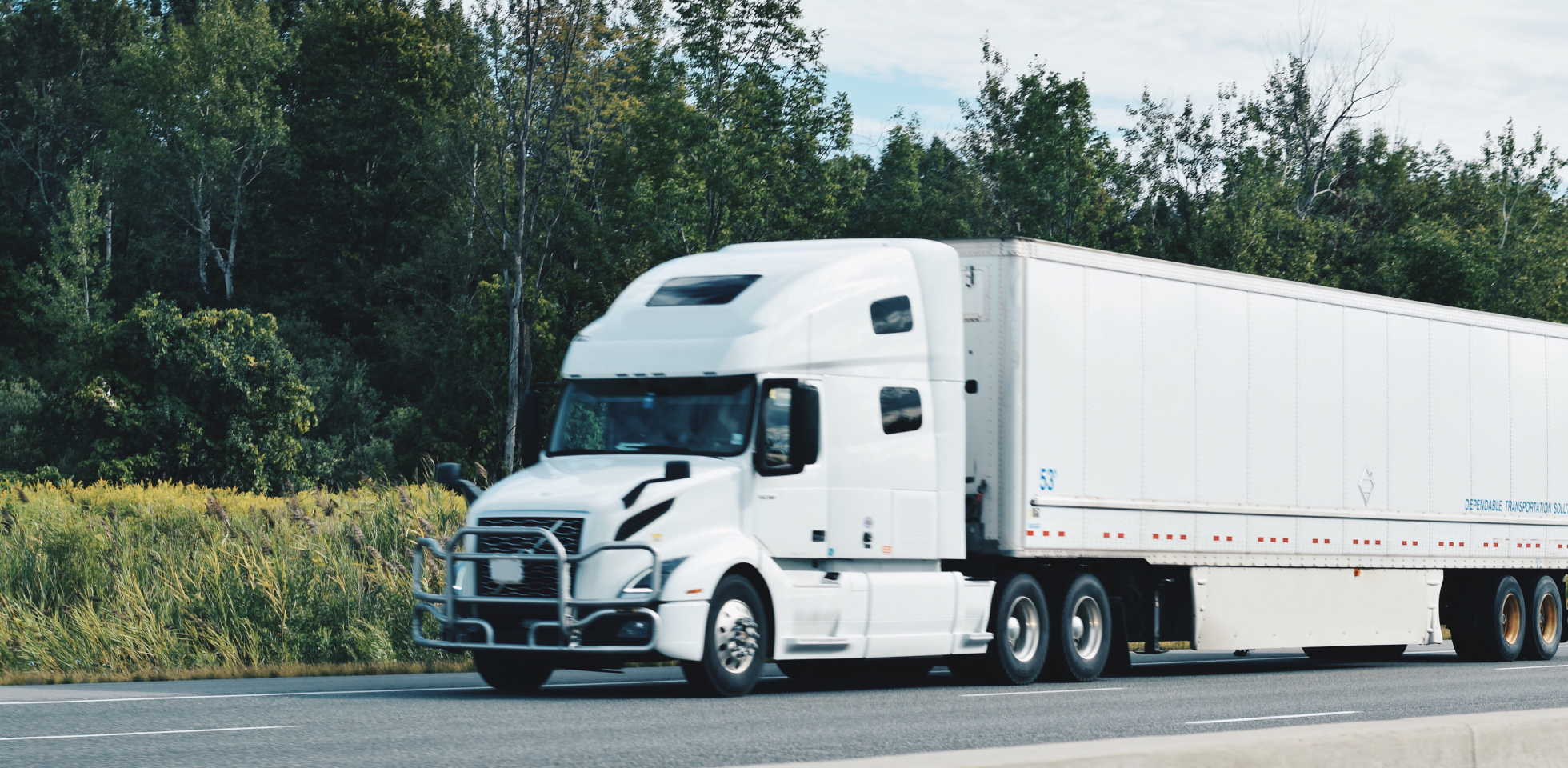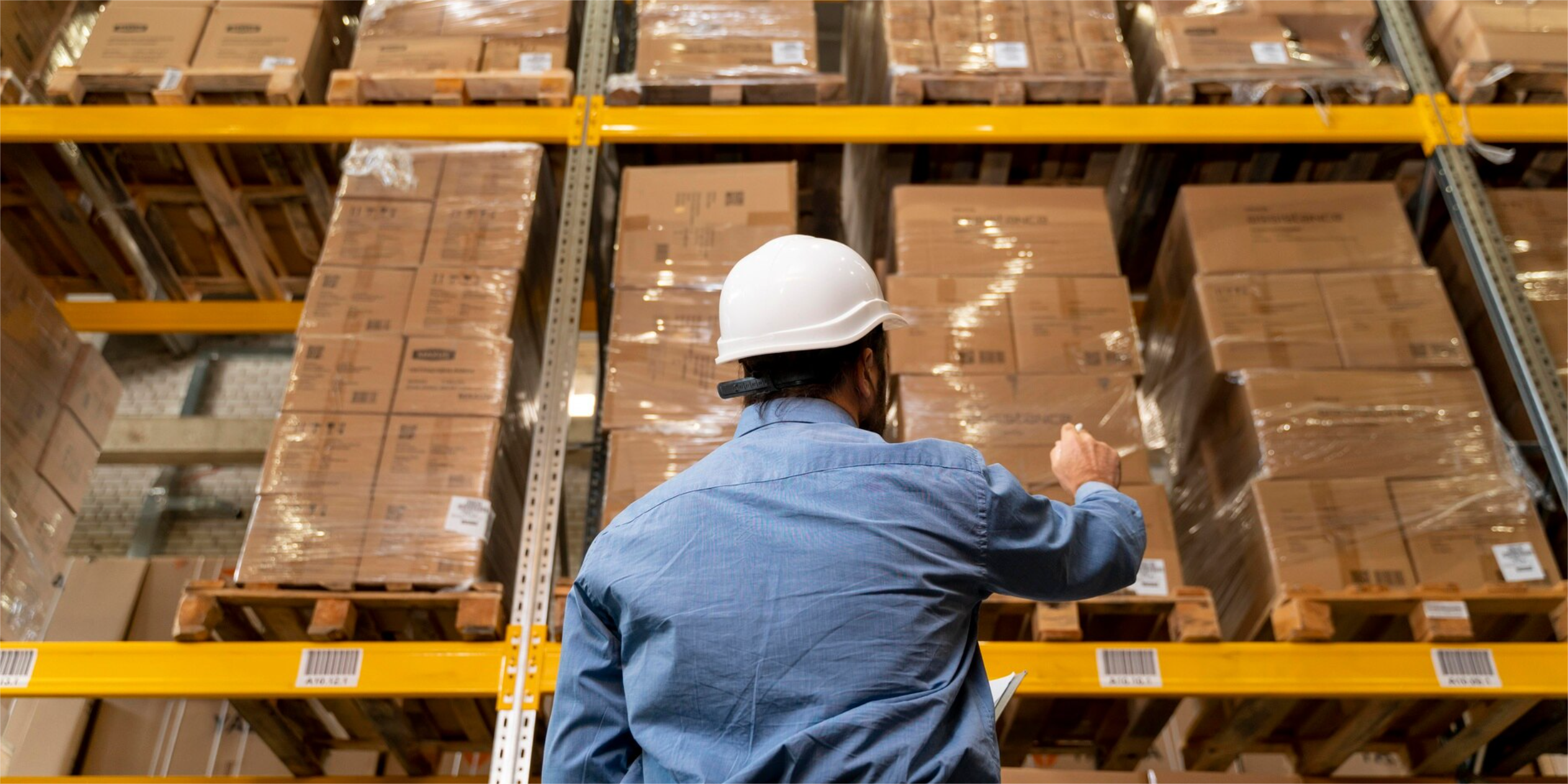Modern logistics faces constant challenges, especially in an environment driven by e-commerce. In this context, geolocation has become a key tool to improve customer experience and optimize logistics processes in real time. In this article, we will explore the benefits and technologies behind geolocation, highlighting how it can boost productivity and security in the logistics industry.

The Technology that Makes It Possible: Global Positioning System (GPS)
The Global Positioning System, known as GPS, is the heart of geolocation. Through a network of satellites and mathematical trilateration, GPS allows locating objects and people anywhere in the world with exceptional accuracy. In the logistics field, GPS receivers calculate the longitude, latitude and altitude needed to map the location of an object on an electronic map.
Real-Time Optimization: Control and Tracking of Merchandise
One of the main benefits of geolocation in logistics is the ability to control and track merchandise in real time. This provides complete visibility of the location of products, distribution platforms and cargo vehicles. In addition, valuable information is obtained, such as delivery time and speed, which allows making more informed decisions about unnecessary breaks and downtime. This real-time information not only improves the efficiency of operations, but also contributes to strategic decision making.
Security and Efficiency: Combating Theft and Optimizing Routes
Geolocation plays a crucial role in the security and efficiency of logistics operations. By monitoring compliance with established routes, fuel loss is avoided and the risk of theft or improper handling of merchandise is reduced. In addition, the ability to determine the proximity of customers in relation to transport units allows for better route planning, optimizing time and resources. By generating periodic reports on deliveries, route design is improved to increase productivity.
Total Control: Risk Management and Safety at Work
Geolocation not only offers operational advantages, but also is a powerful tool for risk management and safety at work. By collecting field information, strategies, plans and policies can be defined to address the risks associated with logistics operations. In addition, geolocation allows informing drivers in real time about additional merchandise that must be picked up during the tour, which optimizes processes and avoids errors.
Cutting-Edge Technologies: IoT, RFID and More
Geolocation benefits from cutting-edge technologies such as the Internet of Things (IoT) and radio frequency identification (RFID). These technologies facilitate bidirectional communication between administrative staff and vehicle fleet in real time, providing efficient interaction and minimizing errors.
Current geolocation devices go beyond simple location. They allow detecting fuel load, monitoring mechanical and electrical status of units, evaluating driver behavior and measuring fleet efficiency in general. In addition, some devices have the geofence function, which sends alerts when a unit leaves the defined area, allowing its tracking and immediate recovery.
To keep pace with these constantly evolving technologies, the logistics industry must adopt geolocation solutions and take full advantage of their benefits. Leading logistics operators, such as Solistica, have implemented advanced transport management systems (TMS) that receive real-time information from GPS. This allows them to maximize the productivity of units on route and strengthen customer loyalty.
In the case of Solistica, they have developed an integrated risk management system (Gris), which includes PGR standards, travel plans, monitoring and tracking, hybrid communication, interference detection, panic button and automatic engine stop, among others. This system provides significant benefits such as automatic self-protection against protocol violations, elimination of human factor in risk situations, real-time knowledge of robbery attempts and incident prevention, journey control, productivity analysis and vehicle preservation.
Geolocation has become an essential tool in the logistics industry to enhance productivity and security. Its ability to control and track in real time, optimize routes, manage risks and ensure safety of operations make it an invaluable asset. By adopting advanced technologies such as GPS, IoT and RFID, logistics companies can improve the efficiency of their processes, provide better customer service and stay ahead in an increasingly competitive business environment. With Solistica and its innovative approach to logistics management, companies can make the most of the benefits of geolocation and ensure success in their operations.






